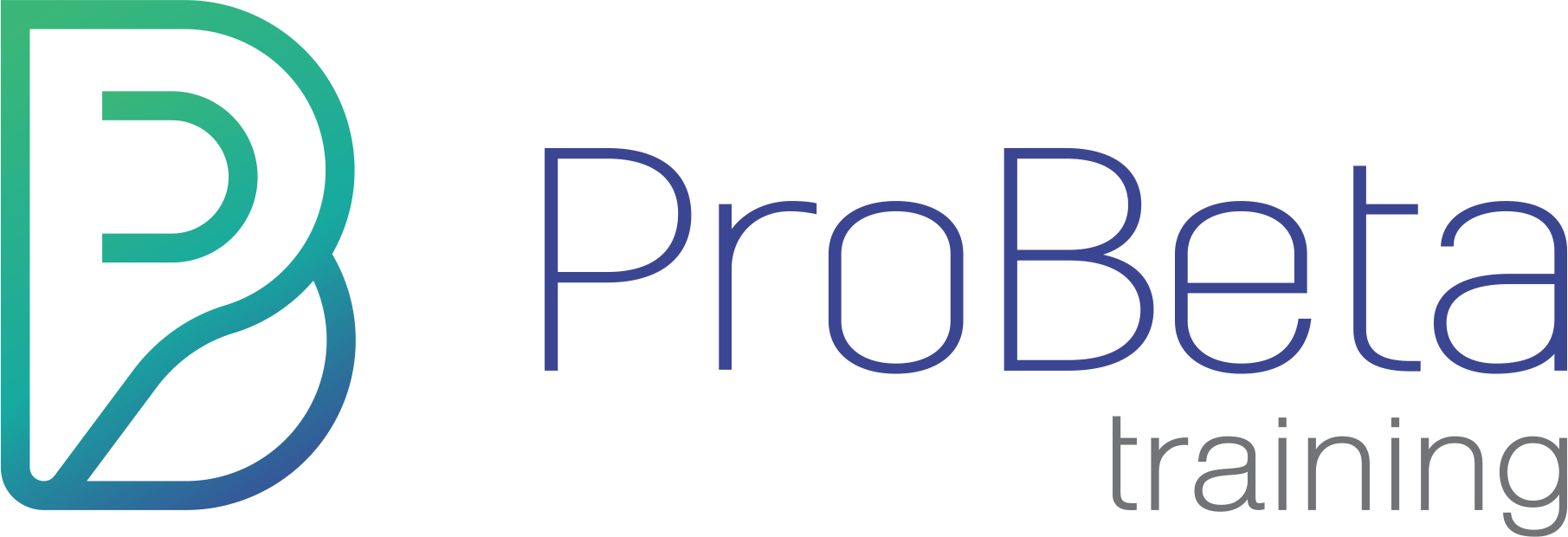Available Course
IRBA Ethics and Code of Conduct: Audit and Assurance *
>> Click here to book this training as an In-House course <<
| Duration: | 3.5 Hours |
| CPD Hours: | Attendance at this seminar will secure 3.5 hour/s verifiable CPD points including other professional bodies (SAICA, SAIBA, ACCA, IACSA, IRBA & etc) |
| Course Facilitator: |
Ané Church
T: 0118861395 E: nerissa@probetatraining.co.za |
| Back | |
Maintaining ethics has never been more important and necessary for accounting professionals. With increasing pressure and limited time, a declining economy and no shortage of other factors that might compromise our fundamental principles, it is crucial to ensure that ethical standards are upheld.
This lesson aims to provide insight into professional ethics, focusing on the practical application of the Codes of Ethics that apply to the professional accountant, resting on the fact that ethics is a journey rather than a checklist, and aims to enable professionals to assess and address ethical dilemmas in an efficient manner.
*DISCLAIMER: THIS LESSON IS NOT INTENDED TO PROVIDE FULL SATISFACTION OF ALL THE IRBA AND SAICA CPD REQUIREMENTS ON ETHICS ACTIVITIES, BUT SERVES AS A METHOD TO ADDRESS DEVELOPMENTAL NEEDS AND SUPPLEMENT CPD ACTIVITIES. MEMBERS ARE STILL RESPONSIBLE TO ENSURE THAT THEY HAVE PERFORMED THE RELEVANT SELF-ASSESSMENTS AND REFLECTION ACTIVITIES REQUIRED IN TERMS OF THE CPD POLICIES OF THESE REGULATORY BODIES. THIS LESSON IS ALSO NOT SUITABLE FOR THE COMPLETION OF THE C9 COMPULSORY ETHICS FOR SAICA TRAINEES - PLEASE REFER TO THE SEPARATE PROGRAMME THAT WE HAVE AVAILABLE FOR THIS ON THE MY SKILLS PORTAL*
- Linking the importance of personal and business ethics to that professional ethics, including the various difficulties that may be associated with these elements of ethics.
- All the relevant requirements from the IESBA (and aligned with it, IRBA and SAICA) Code of Ethics applicable to the accounting profession, including:
o A practical approach to capturing the essence of the principles on which our professional ethics is founded, the framework that enables us to apply it, and the process of identifying and addressing threats to ethical principles.
o Specific coverage on each of the threat indicators from Parts 3 and 4 of the IESBA Code of Ethics, and how to address them.
o The expectations placed upon the professional accountant in response to NOCLAR.
o An overview of the ISQC 1 and 2 requirements on ethics and independence as part of the firm's quality control process.
o Brief coverage of the considerations from the Code for auditors when also rendering non-assurance services.
- A practical discussion of the most common areas prone to unethical behaviour in practice and how to caution against rationalisations and justifications.
- An overview of the impact of technology and the digital environment on the accounting profession, and how members are to adapt their ethical approach in light of constant change.
- This session excludes the elements from Part 2 of the Code, for members rendering non-assurance services in the business.
